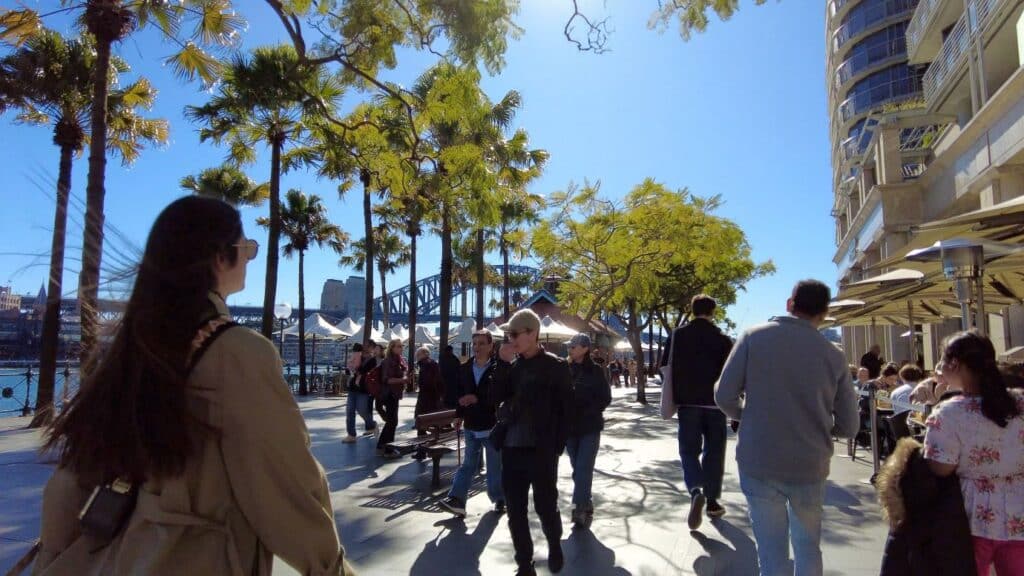Australia’s social cohesion is at its lowest level on record, with Australians concerned about their financial situations and increasing economic inequality.
There is also a growing pessimism among Australians about the future, according to the latest Scanlon-Monash Index, a study that tracks measures of social cohesion. More than 40 per cent of people surveyed by the Scanlon Foundation Research Institute described themselves as “poor” or struggling to get by.
Meanwhile, it’s young adults who are the most pessimistic, with 47 per cent of those aged 25 to 34 saying they are pessimistic about the future.
More than three-in-five people (62 per cent) think that economic and housing affordability issues are the most important problem in Australia. And it’s single parent families, members of group households and those who live alone are the most likely to feel financially stressed, unhappy or isolated, according to the report.
Two-thirds of single parents are at best ‘just getting along’, while 40 per cent of single parents went without medicines or healthcare often or sometimes in the last 12 months. One in five single parents went without meals, and could not pay their rent or mortgage. Young people are also more likely to report personal or financial stress, with almost half saying they are ‘just getting along’ financially.
The report shows that Australians’ sense of social inclusion and justice has been declining and is the largest factor impacting our lowering level of social cohesion. There is less belief in Australia as the land of the “fair go”, declining by 16 per cent since 2013.
The report also highlights that Australians have less trust in government and a weaker sense of national pride.
“Our sense of national pride and belonging has been declining for some years, discrimination and prejudice remain stubbornly common, while in more recent years, we are reporting greater financial stress, increased concern for economic inequality and growing pessimism for the future,” the report’s executive summary states.
“However, in the strong connections we have in our neighbourhoods and communities and the way we increasingly embrace our differences and diversity, there is reason for optimism that we can respond collectively to the challenges we face and restore and strengthen our social cohesion.”
Discrimination and racism are also concerns, with 18 per cent of Australians saying they had experienced discrimination in the last 12 months based on their skin colour, ethnic origin or religion. This figure rises to 28 per cent for people born overseas and 39 per cent for people from non-English speaking backgrounds.
However, Australians continue to have a strong sense of mulitculturalism, with 78 per cent of Australians agreeing that ‘accepting immigrants from many different countries makes Australia stronger’.
“Financial and cost-of-living pressures directly impact our material sense of worth, while being very strongly related to a weaker sense of national and neighbourhood belonging, less happiness, weaker trust in government and other people, greater pessimism for the future and a weaker sense of social inclusion and justice,” the report concludes.
“Growing doubts about economic fairness in Australia, meanwhile, are strongly associated with a declining sense of national pride and belonging and growing distrust in government and the political system.
“Our connections and engagement in local communities and support for multiculturalism are particular strengths, reminding us of our social progress so far and provide sources of emotional and practical support in meeting our challenges.”


